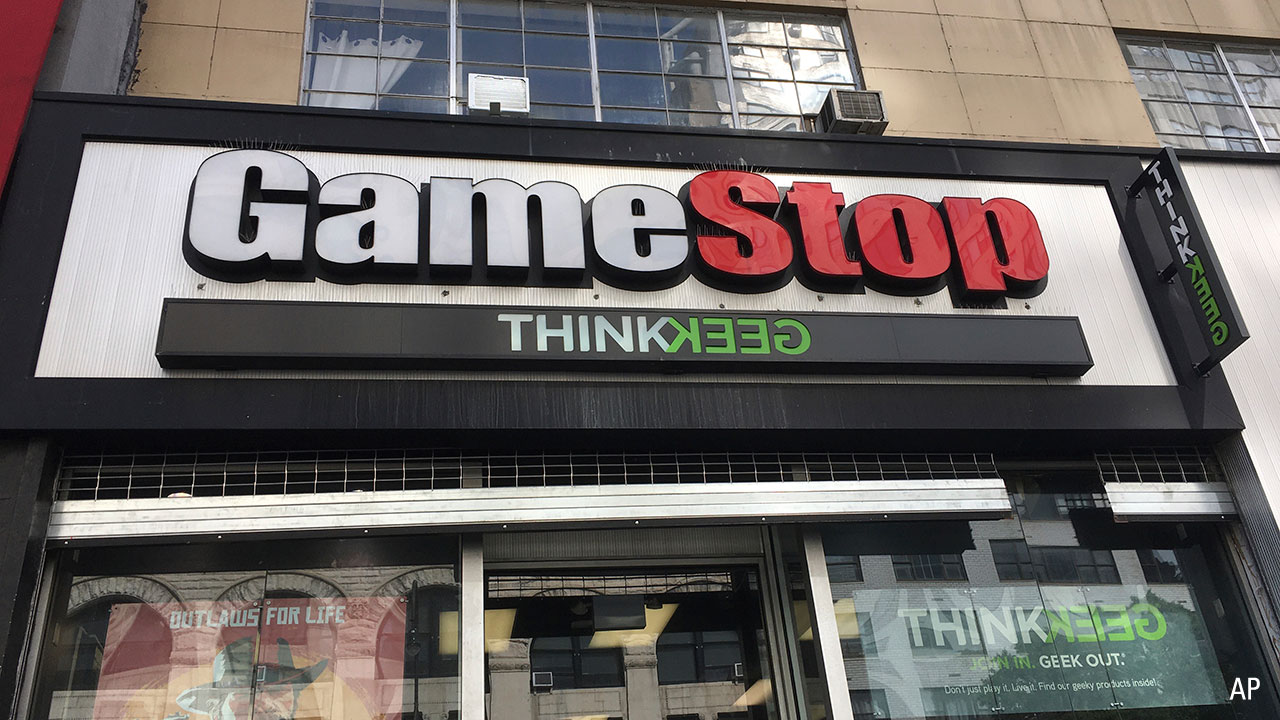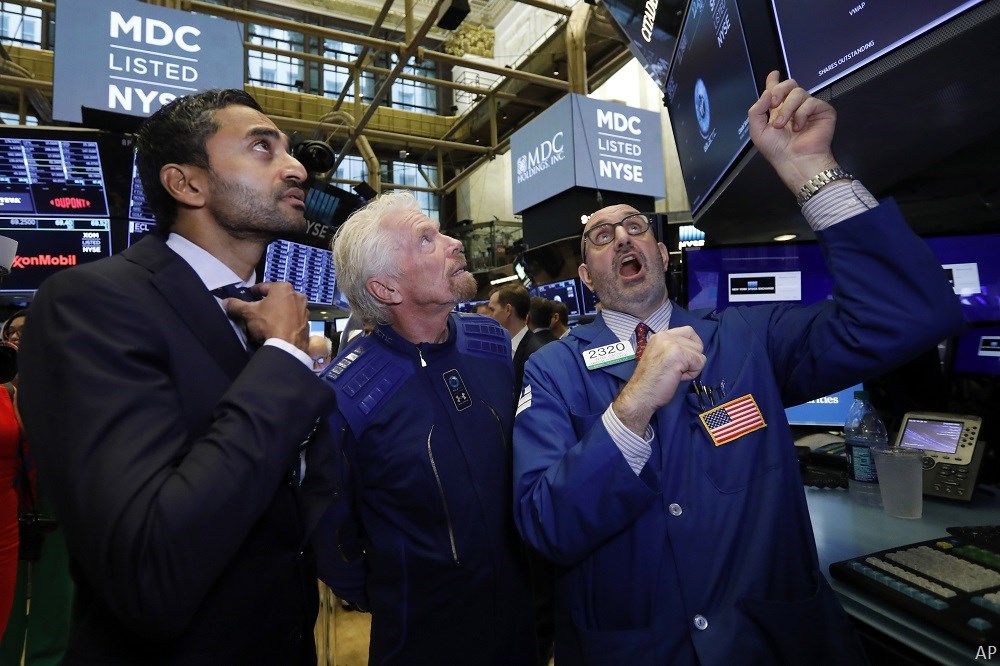
Evolving views
The day that I interviewed for a position at Morningstar, on 6 February 1988, the Dow Jones Industrial Average closed at 1,910. Most Wall Street veterans were cautious. Stocks had righted themselves since October’s “Black Monday” crash, thereby averting disaster, but the Dow Jones had nevertheless gained 150% over the preceding six years. The market’s glory days appeared to be behind it.
Equities then began to rise. They grew by 15% for the rest of 1988, and double that amount in 1989. With only brief respites, stock prices increased for another decade. It became the greatest bull market in US history. Throughout that ascendancy, the old guard muttered that stocks had become foolishly overpriced. Eventually, I paid them no more heed.
Good call. Clucking disapprovingly at the folly of the next generation, while reciting cautionary tales from one’s youth, produces easy applause. Such comments once impressed me, as an aspiring investment analyst seeking to benefit from those with greater experience. However, as I learned, those gods are false. I vowed that when I became older, I would behave differently.
I have tried my best. When bond yields tumbled 10 years ago, I refrained from pronouncing the bond market a “bubble.” (Admittedly, recent events have pushed me closer to that edge.) Over the past two years, I have defended the trillion-dollar valuations placed on the stock market’s leaders, attempted to explain Tesla’s (TSLA) soaring price/earnings ratio, and considered Bitcoin's investment merits. Such assets aren’t for me, but I can see why they might be for somebody else.
A step too far
But GameStop exceeds my tolerance, and not by a narrow margin. GameStop’s stock hasn’t merely crossed the line that separates investing from speculation. It has leapt over that barrier, like Bob Beamon at altitude, then trampled the evidence into the sand, so that the mark may never again be found. If given a choice between buying GameStop stock or Dutch tulips, I will take half a dozen bulbs and a bag of garden soil, thanks much.
To recap the January 2021 investment story, GameStop is a video-game retailer that, until very recently, possessed a stock that interested almost nobody. Six months ago, GameStop’s share price was US$4. As I write those words, the stock now trades at US$347.
The reason for GameStop’s 8,675% gain—which equates to a tidy annualized 750,000% of return—has nothing whatsoever to do with its operations, and everything to do with speculation. The company’s business is garbage. Sadly, that statement is a metaphor; better for the firm it did engage in waste removal. Instead, it runs brick-and-mortar retail shops that were struggling to keep their customers even before COVID-19’s arrival, and which now are in dire straits.
(GameStop’s stock price is now US$264. This stock has the half-life of a mayfly.)
The people’s revolt
Rather than profit growth, or revenue growth, or anything growth, GameStop’s performance derives from investor behavior. These are the salient facts:
1) Despite the company’s declining fundamentals, GameStop's share price had gradually appreciated to US$19 by New Year’s Day.
2) That gain attracted short sellers, largely hedge funds, who believed that an unprofitable, shrinking company that operated a dinosaur business didn’t deserve its US$1.5 billion market capitalisation.
3) When GameStop appeared on the list of most-shorted stocks, a social media campaign began on reddit. If retail investors purchased enough GameStop stock, they could profit by creating a “short squeeze,” while also punishing the hedge funds. David wins, Goliath loses!
4) Purchase they did. And then some. The increase in bids was far larger than the number of shares that had been borrowed, meaning that most of GameStop’s subsequent gain came not from shorts closing their positions, but instead from the new buyers.
This sequence has led many to portray GameStop’s rally as a morality play, with everyday investors banding together to punish Wall Street sharks. Objects a writer for Business Insider, “Stop with the terrible GameStop punditry. GameStop trading is not a class war, an Orwell novel, or an event with broader societal implications.” It is instead, he maintains, a “technical market story,” about what can happen to stocks when too many shorts target the same lightly traded issue.
(As I finished that sentence, an email arrived: “You could write about the reddit community pushing up the price of GameStop stock and costing investment banks a bunch of money.” Thanks, son. Twenty-seven years old, and it took the GameStop incident to prompt his first column suggestion. If that doesn’t indicate how this saga has caught millennials’ attention, I don’t know what will.)
Win the battle, lose the war
Unfortunately, to mix the classical allusions, David’s victory is Pyrrhic. Unless institutional investors bail out individuals by purchasing their GameStop shares, which seems unlikely, the public will lose that which it has gained. Before long, this stock will return to its starting point. The round trip is inevitable.
The broader implication is troubling. That “penny stocks” can skyrocket, even during calm investment climates, is an accepted market reality. Small breezes can send feathers on long journeys. But at its peak, by which I mean three hours ago (!), GameStop’s market capitalization exceeded US$30 billion. That is no feather. The current level of stock-market speculation is substantial.
Indeed, I would rate it as the highest since the late 1990s—clearly above that which preceded the 2008 global financial crisis. (The housing market is another story.) In the late 1990s, too, everyday shareholders embraced day trading, through newly popular discount brokerages, thereby propelling the shares of technology companies. It was an exciting time, marked by investor optimism.
Then came the New Millennium, and the technology-stock crash. Day traders suffered sharp losses. In contrast, hedge funds posted excellent returns. Most had long since exited technology stocks, leaving them to the enthusiastic amateurs (and, it must be confessed, to more than a few mutual fund managers). The hedge funds had dropped some relative performance on the way up, but they more than recovered their lost ground on the way down.
It would not surprise me to see history soon repeat itself.





















